
The Telomere Effect
A Revolutionary Approach to Living Younger, Healthier, Longer
Read or listen offline
Recommendation
Nobel Prize winner Elizabeth Blackburn and co-author psychologist Elissa Epel distill decades of findings into a readable and fascinating exploration of telomeres, the tips of chromosomes that protect your DNA during cell division. As you grow older, your telomeres shorten and your cells fail to replenish body tissue, leaving you vulnerable to the diseases of aging. However, the slow march of telomere attrition is not inevitable. One of the exciting things the authors report is that you can slow or reverse the wear and tear on your telomeres with lifestyle changes such as managing stress, exercising, getting enough sleep and eating well. Although the authors don’t offer a magic elixir to help you live longer, getAbstract believes readers of all ages will find in its pages the motivation and tools to live healthier, happier lives.
Take-Aways
About the Authors
A Nobel Prize winner for her research on telomeres and aging, Elizabeth Blackburn, PhD, is president of the Salk Institute. Elissa Epel, PhD, a psychologist and expert on aging, is professor of psychiatry at the University of California at San Francisco and the director of its Aging, Metabolism and Emotions Center.









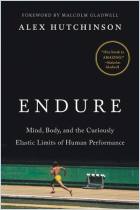
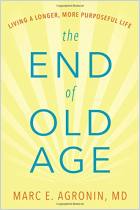
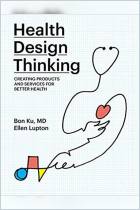
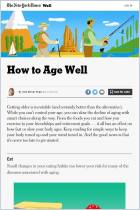

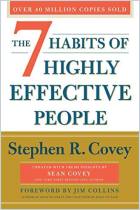


Comment on this summary or Diskussion beginnen